GEAB 150
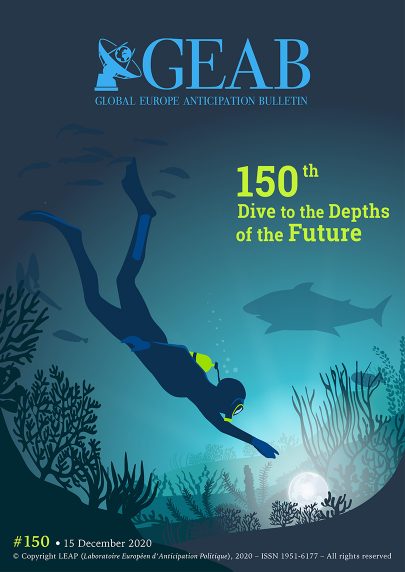


One hundred and fifty issues of the GEAB is also 15 years and some 4,000 pages spent tracking the future, imagining the subterfuges by which it will impose itself, anticipating the crises that it will provoke and spotting any sense of coherence and system in this endless process of replacing the present with the future.
In Western culture, time is linear – it starts behind us and opens up before us. But in the course of our experience of exploring the future, we have acquired a certainty: the future is not in front, it is below. The seeds of the future are planted under our feet. At first invisible to eyes that are not looking out for it, they tickle our feet, then raise us up… or trip us over, depending on how agile we are. And these new tall trees of the present will soon be uprooted again by the seeds they themselves have shed. It is up to us humans to organise the great chaos that results from the piling of bodies from the past.
The article ” Should we be Afraid of an Underworld Resurgence?” is intended to briefly describe the inescapable movement of an entire underworld (mafia, terrorists, secret agents, hackers) out into the open air after decades of suffocation under the very effective straitjacket of post-World War II world order.
However, our team gets a very precise feel for the subterranean nature of the future when it dives into the world wide web (www) of information. At first glance, only the shimmering surface of this immense sea is visible and it primarily reflects our own certainties or interests, just as the moonbeam on the sea is always pointing towards us. Yet the information, and all the information is there, beneath this restless surface, in the calm depths of what is to become reality. All we have to do is dive in, swim around, find, sort, analyse the drops of the huge ocean of data that has so much to say about us tomorrow. An impossible task? And yet, isn’t a single drop of blood drawn from the bloodstream capable of telling us about an impending illness that will affect whole body?
In the age of the world wide web, everyone has access to the kind of information that was once reserved for the powerful. And while we must, of course, expect the unlimited nature of this access to be adjusted, there will be no turning back, only a gradual acclimatisation to the consequences of this gigantic power that humans have at their fingertips and that they have to tame. For access to information is not the whole story, it is still necessary to learn how to use it.
We are not the only ones concerned about teaching the future. UNESCO has just held its second “High-Level Futures Literacy Summit”, bringing together more than 8,000 who study or are curious about the future from all over the world,[1] with an ambition similar to ours: “futures literacy” vs “democratisation of the future”. “The future is now a future discipline” that is increasingly recognised as an educational and political project. It is a building to which we have a solid and specific stone to contribute, a 15-year-old stone based on theory and above all on the meticulous and continuous practice of 150 dives into the deep waters of the future.
We are now mature enough to try and pass on the experience we have acquired. This is how the first “Introduction to Political Anticipation” training course came to take place last October. And in January we will start our second round, this time in English, and we’d be very happy to meet you there (sign up at [email protected]).
But there is more. As we announced in 2019, as LEAP’s outlook switched from 2020 to 2040, we would embark in a team rejuvenation. Well thanks to your subscriptions, the junior team is now operational and you will hear more and more about it, as they are intended to strengthen the links between you and us, to make the monthly bulletin more accessible and to investigate our methods and thought processes, and question them too. They will be at work in the GEAB Community on LinkedIn, behind the podcasts and videos on the brand new GEABTV, in the GEAB Cafés that we are officially launching this month and, little by little, in the GEAB Bulletin itself. Through them, the GEAB hopes to become the “reactor” of a “future-learning community”, and we invite you all to join.
What a great intellectual adventure these 15 years have been! How they have shaped, anchored, taught and raised both us and our readers. Doesn’t that bring with it responsibility? The responsibility to broadcast more widely and to highlight everyone’s capacity to rationalise their relationship with the future; but also to try to combine our enlightened view of the future with other enlightened views of the future so that, hand-in-hand, we illuminate the dark corners in which fears and hatreds lurk.
So, if you will allow us, at the end of such an unprecedented year, and to mark this 150th issue, let’s activate our “GEAB community”. Our kick-off meeting will be the GEAB Café on 21 December 2020 on the topic of “Together, let’s evaluate the GEAB’s work in 2020” (sign up at [email protected] / session reserved for subscribers).
Oh, of course… we wish you all the best possible end to the year, too !
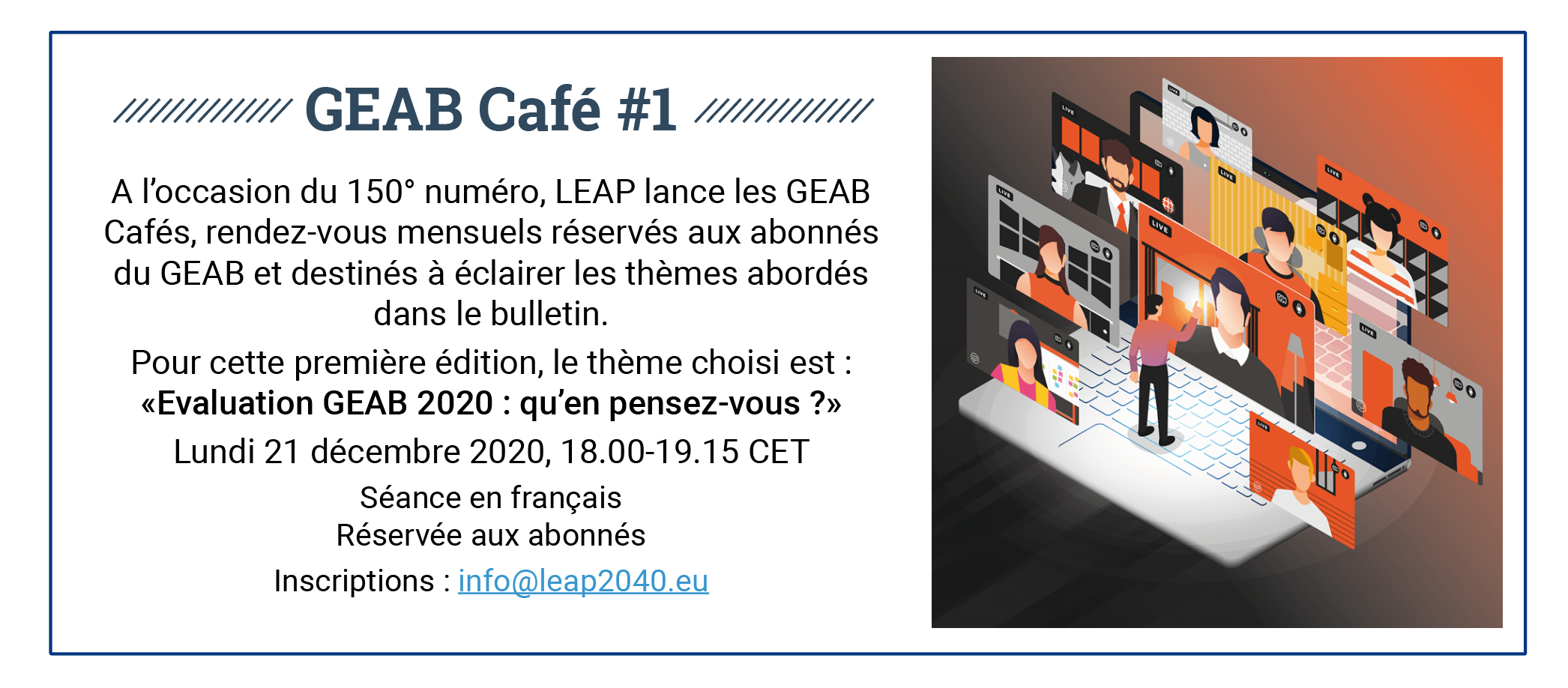

Join the GEAB Community on LinkedIn for more discussions on this topic.
___________________________________



Last month, thanks to our junior team, we explored the mysteries of the cyber world. This first visit was very fruitful and is already taking us to a new set [...]
Sanctions have been decided! Well, almost... Indeed, the Heads of State and Government of the 27 EU Member States decided, at the European Council meeting that has just taken place [...]
As 2020 is not a year like any other, we are looking forward to a different kind of year-end self-evaluation. As we did not include the impact of a pandemic [...]
The Covid-19 crisis has not brought about anything new. It only focusses the trends that were already at work. In doing so, it widens the gaps. Once this has been [...]
-> Monetary system: The reset is approaching fast -> Bitcoin: Indecision -> US Dollar: It’s all gone wrong -> Financial values: Making the right choices -> Ryanair/Airbnb and alike. Watch [...]

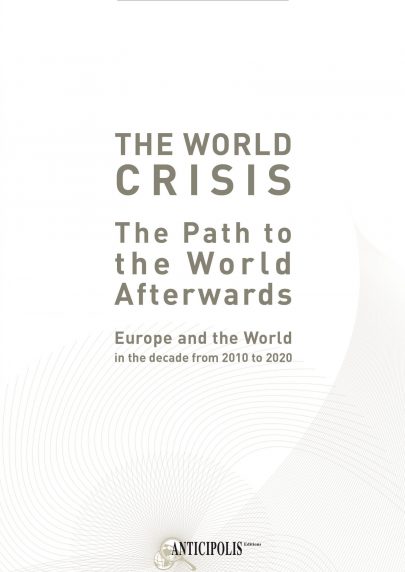
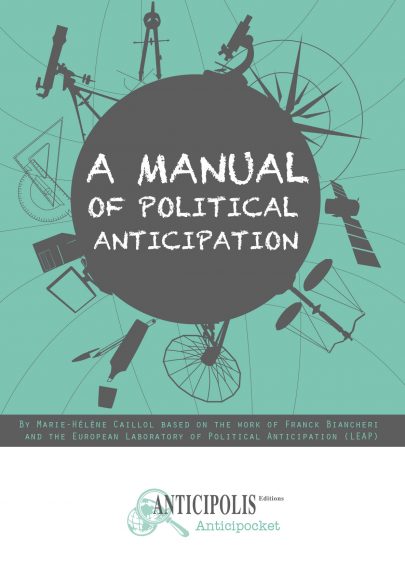
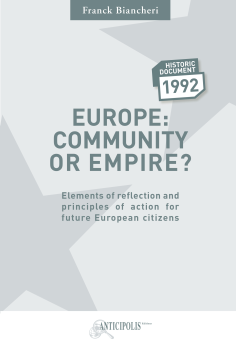
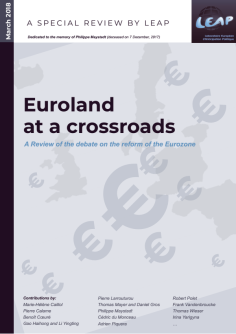
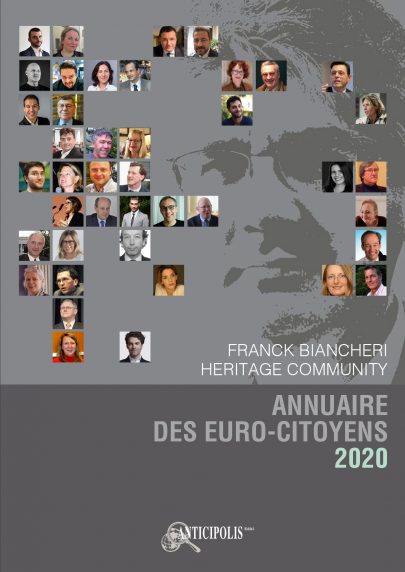
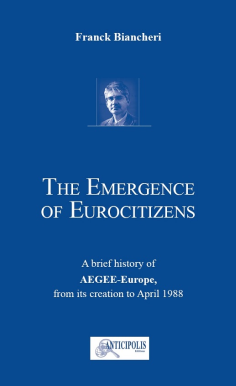
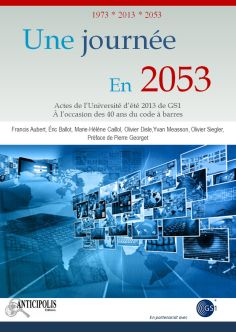
Comments